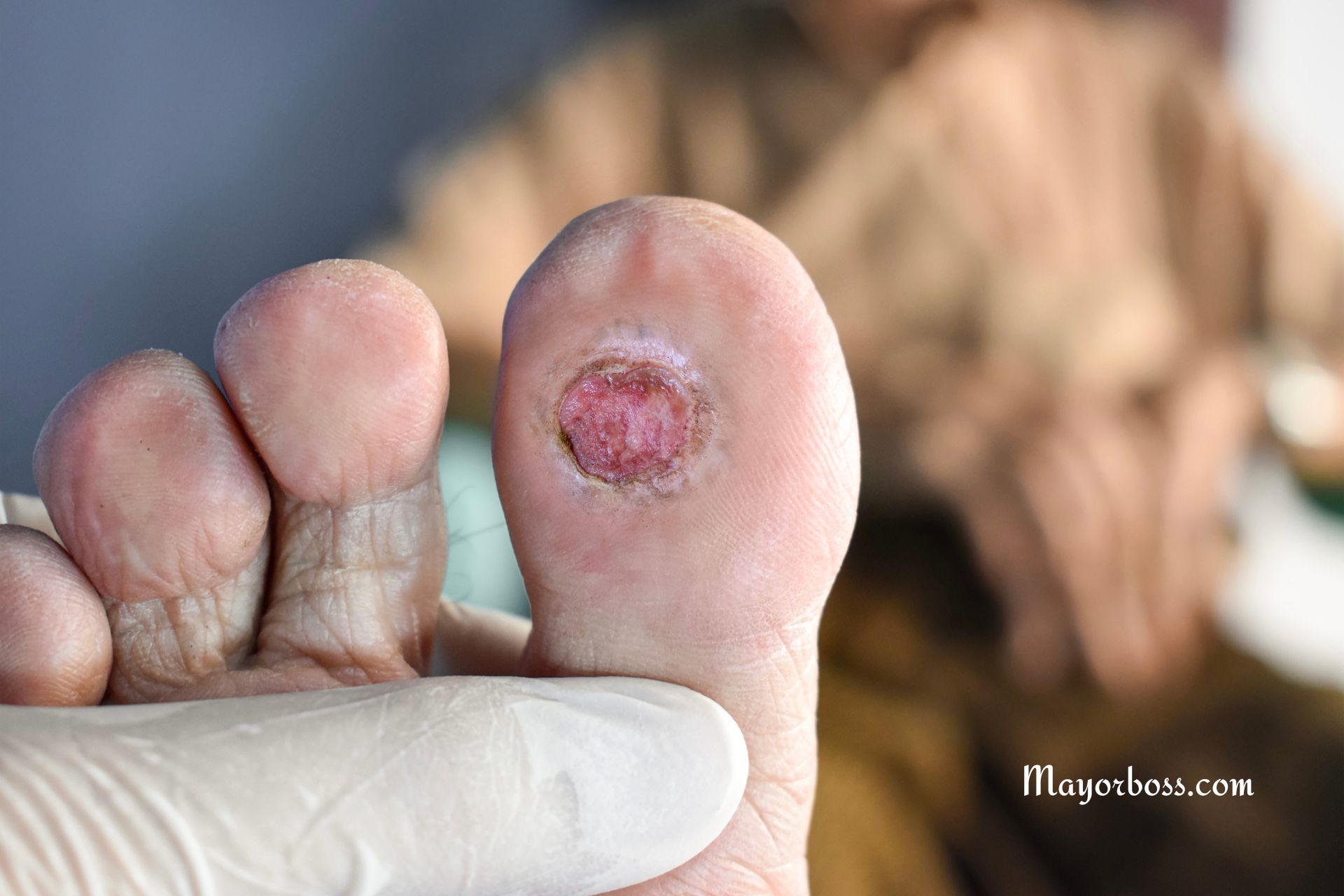What Damage Can Diabetes Do To My Organs?
Diabetes is a serious chronic disease that occurs when your body fails to manage blood sugar (glucose) levels effectively. Glucose is a vital energy source, but consistently high levels can wreak havoc on various organs throughout your body.

How Does Diabetes Affect the Body?
There are two main types of diabetes:
- Type 1 diabetes: The immune system attacks insulin-producing cells in the pancreas, resulting in little or no insulin production. Insulin is a hormone that helps your body use glucose from food for energy.
- Type 2 diabetes: The body fails to properly use insulin (insulin resistance) and eventually cannot produce enough to balance blood sugar levels.
Regardless of the type, unmanaged diabetes leads to elevated blood sugar. Over time, this surplus glucose causes damage throughout the body, particularly to blood vessels and nerves.
Heart and Blood Vessels
- Heart Disease and Stroke: Diabetes significantly increases the risk of heart disease and stroke. Excess glucose damages blood vessels, leading to plaque buildup, high blood pressure, and heart attacks.
- Peripheral Arterial Disease (PAD): Narrowed, hardened arteries in the legs and feet restrict blood flow. This can cause pain, poor wound healing, and, in severe cases, amputation.
Kidneys
Kidney damage, known as diabetic nephropathy, is a grave complication of diabetes. Damage to tiny filters in the kidney makes waste removal less efficient, leading to potential kidney failure.
Eyes
- Diabetic Retinopathy: High blood sugar damages delicate blood vessels in the retina (the back of the eye), impairing vision. Serious cases can result in blindness.
- Other Eye Problems: Diabetes increases the risk of developing cataracts (clouding of the lens) and glaucoma (increased pressure that can damage the optic nerve).
Nerves
Diabetic Neuropathy: Excess sugar in the blood harms nerves, particularly in the legs and feet. This can cause numbness, tingling, pain, and ulcers that heal slowly. Nerve damage in the digestive system might lead to problems like nausea, vomiting, and diarrhea.
Feet
As a consequence of diabetic neuropathy and peripheral arterial disease, nerve damage and compromised blood flow in the feet make wounds slow to heal. These slow-healing foot ulcers can increase the risk of infections requiring amputation.
Sexual and Reproductive Health
- Sexual Dysfunction: Nerve damage and restricted blood flow to the genital region can result in sexual dysfunction, such as erectile dysfunction in men, while women may experience vaginal dryness and reduced sexual response.
- Gestational Diabetes (Pregnancy) When diabetes develops during pregnancy, it’s called gestational diabetes. Without proper management, it raises risks for both mother and baby.
Other Complications
- Gum Disease: People with diabetes often experience heightened rates of gum disease. Elevated blood sugar affects the immune response, making gums prone to infection.
- Cognitive Decline: Research has suggested a connection between prolonged elevated blood sugar levels and an increased risk of developing dementia or Alzheimer’s disease.
FAQs
1. Can the damage caused by diabetes be reversed?
In some cases, early interventions for Type 2 diabetes can lessen the symptoms and mitigate some of the harmful effects. However, in more advanced cases involving established organ damage, reversal is much less likely. Effective long-term management of diabetes focuses on prevention and slowing down the progression of complications.
2. Does high blood sugar always mean I have diabetes?
While persistently high blood sugar is the primary feature of diabetes, occasional spikes do not automatically warrant a diagnosis. Other factors might temporarily elevate your blood sugar. If you are concerned, consult your doctor to have your blood sugar levels tested and assessed.
3. How can I lower my risk of diabetes-related complications?
The following actions are crucial to preventing or slowing the progression of damage related to diabetes:
- Manage Blood Sugar: Adhere to your doctor’s recommendations regarding diet, exercise, and medication (if prescribed).
- Monitor Blood Pressure and Cholesterol: High blood pressure and cholesterol further heighten the risk of complications. Keep these readings within targeted ranges.
- Quit Smoking: Smoking amplifies the damage caused by diabetes, particularly to the heart and blood vessels.
- Regular Health Screenings: Seek doctor-recommended checks on eyes, kidneys, heart, and feet to catch complications early.
Diabetes and its consequences are serious but manageable. Committing to healthy lifestyle modifications and seeking the support of a healthcare team significantly aids in minimizing its negative impact.
References:
- https://www.cdc.gov/diabetes/library/features/diabetes-and-heart.html
- https://www.ncbi.nlm.nih.gov/books/NBK534200/
- https://www.cdc.gov/diabetes/managing/diabetes-vision-loss.html
- https://www.cdc.gov/diabetes/library/features/diabetes-nerve-damage.html
- https://www.ncbi.nlm.nih.gov/pmc/articles/PMC9316721/
- https://www.ncbi.nlm.nih.gov/pmc/articles/PMC3228943/
- https://www.ncbi.nlm.nih.gov/pmc/articles/PMC6997863/#
